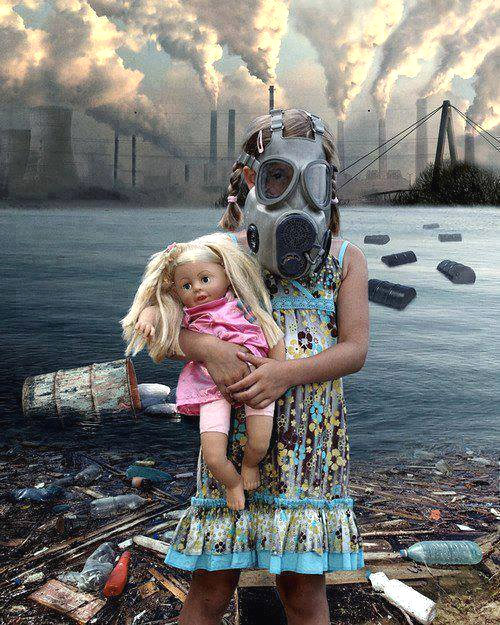
There is no Planet B
Persistent Organic Pollutants (POPs) are chemical compounds that are toxic to humans and wildlife. POPs include pesticides such as DDT, herbicides, PCB's (a component found in many coolants, flame-retardants, adhesives), and BPA (a compound found in plastics – primarily in plastic bottles). POP concentrations increasingly accumulate at each stage in the food web. Discover more. One example, is a pod of killer whales living off the coast of Scotland. Not one produced a calf in at least 25 years. One female washed ashore was tested, and researchers found levels of PCB's 100 times higher than the dose considered toxic.
Whilst their manufacture was banned in the 1970's and 1980's, PCB's will continue to pose significant risk. PCB's are amongst the top pollutant of concern at the heart of the food chain for wildlife. Because of PCB's, half of the world's orcas could soon disappear. Killer whales are also among the most highly PCB contaminated mammals in the world and are at risk of population collapse
Highly toxic metals found in the ocean include mercury, cadmium, lead, arsenic, tin, copper, nickel, selenium, and zinc. All of these metals can become more toxic in combination with organic compounds, e.g. mercury can form neurotoxic compounds such as methyl mercury (CH3Hg), when combined with carbon.
It was only after the impact of PCB's were understood was their manufacture banned. Yet is seems we have learned very little. A recent report "has found evidence that suggests humans are dumping more chemical waste into the environment than can be tested for its impact". The report adds that "We may be flushing chemicals into the ocean right now that could potentially kill off most if not all marine animals, and not even know it".













